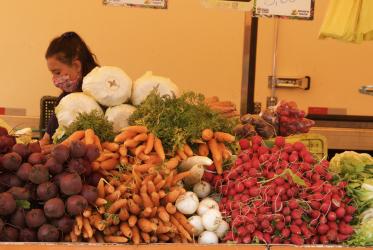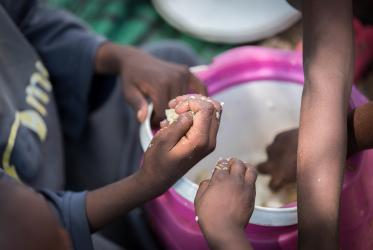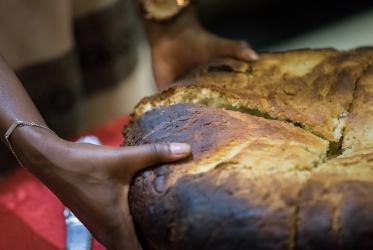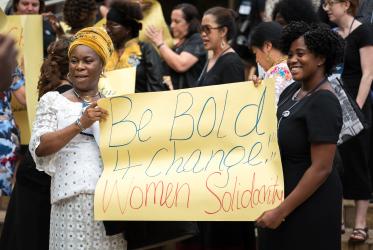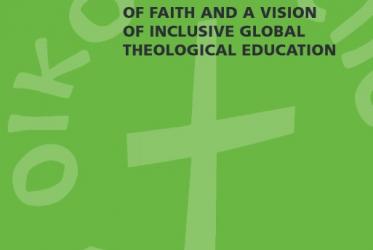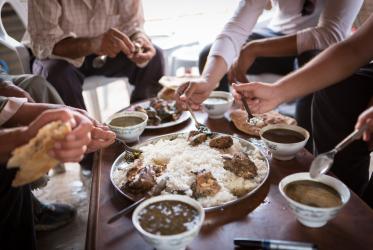Displaying 61 - 80 of 177
09 October 2020
Martin Khor Kok Peng, “friend of the poor,” passes away
03 April 2020
Faith communities vital in overcoming hunger
18 March 2020
Eco-School promotes blue communities, green churches
19 November 2019
“African at Heart” conference to convene in Washington, DC
12 November 2019
WCC Eco-School begins in Thailand
07 November 2019
“African at Heart” conference set for USA in November
15 October 2019
In Fiji, young people ‘walk the talk’ with advocacy
12 September 2019
Extended drought in Africa leaves millions in need
09 August 2019
